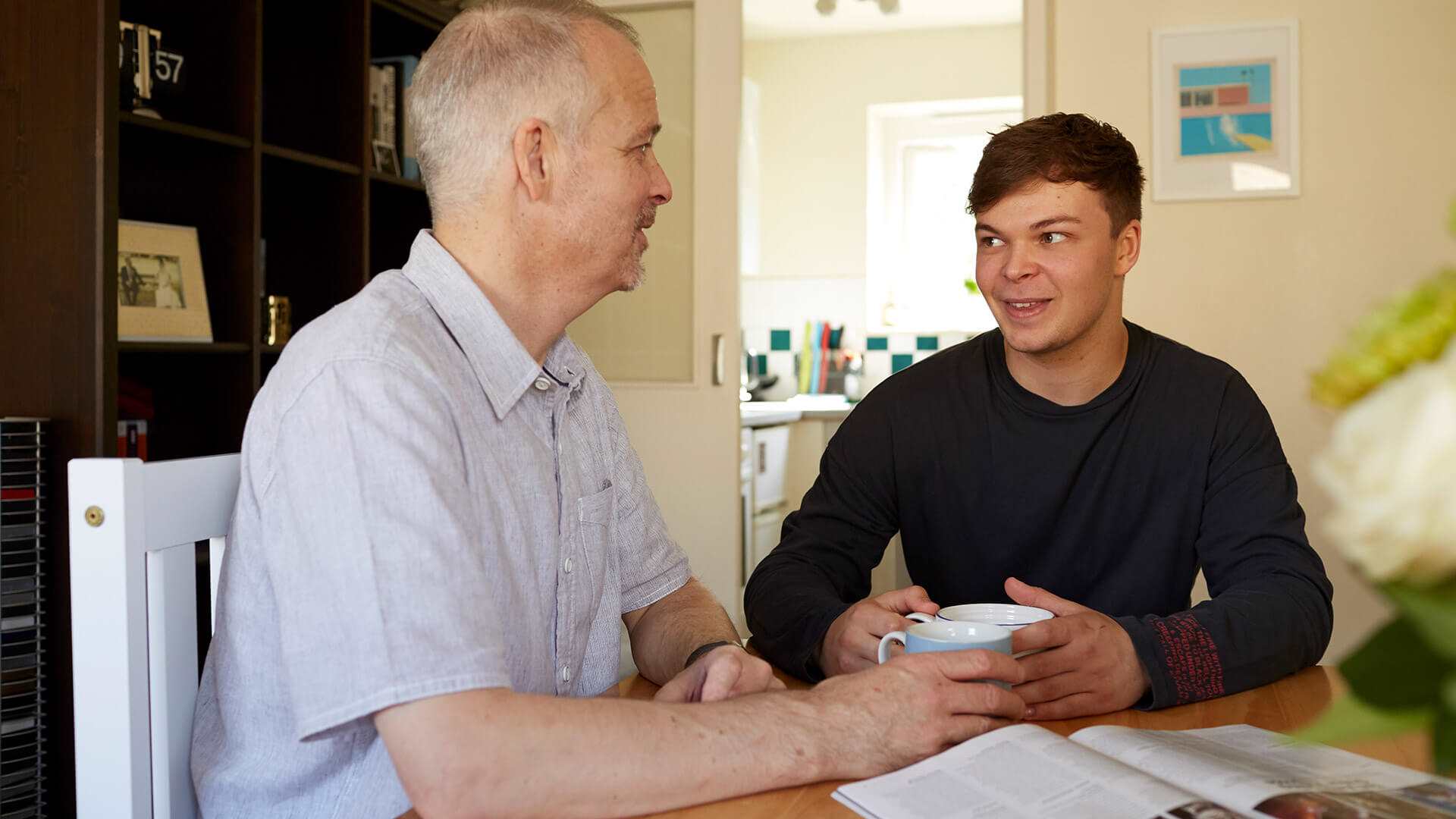Topics mentioned: exam time
About: Exams are often a source of stress for young people. And after two years of academic disruption due to the pandemic, many will be experiencing them for the first time this summer. This blog explains how parents can help their children cope with exam pressure and achieve their potential, while also protecting their mental health.
Listen to their concerns
It’s important to understand that your child may well be feeling worried at this time, and that this is normal. Encourage them to talk about their concerns, and reassure them that their feelings are valid and that you are there to support them.
Help with exam preparation practicalities
Helping your child to plan a realistic revision timetable, which breaks the days and subjects down into manageable chunks, will reduce their anxiety by increasing their sense of control and confidence. It will also help ensure everything is covered.
Discuss different revision techniques and help your child to identify which suit them best. It could be making flashcards or mind maps, watching online revision videos or talking questions through. If there are topics your child finds particularly difficult, make sure their revision plan targets these. And offer support by listening to a recap or testing them on what they have learned, if they find this is helpful.
Do ensure your child has a distraction-free place to study too. This could be a school or public library if there isn’t a suitable space at home.
Helping your child to plan a realistic revision timetable, which breaks the days and subjects down into manageable chunks, will reduce their anxiety by increasing their sense of control and confidence.
Encourage healthy routines
Sleeping well, eating regular healthy meals and relaxing are important for everyone’s wellbeing. Encourage your child to stick to healthy routines and to make some time for activities they enjoy – such as exercise, doing something creative, getting fresh air, seeing friends playing in person or online – as these help reduce stress.
Revision is most effective when combined with regular breaks, so make sure that your child does step away from their books. You could suggest a cup of tea and a snack, a quick walk or a TV programme they enjoy.
Relaxation techniques, such as focussing on breathing slowly or shoulder rolling, can reduce stress or help your child sleep if they are finding it difficult to unwind.
Relaxation techniques, such as focussing on breathing slowly or shoulder rolling, can reduce stress or help your child sleep if they are finding it difficult to unwind.
Promote a sense of perspective – and don’t add to the pressure
Young people can feel overwhelmed by pressure to get high grades in exams. It comes at them from school, peers, social media influences and more. So, while it’s normal to want your child to do well, it’s really important that you avoid heaping on more pressure, and that you help instil a sense of perspective. Avoid nagging and over-policing their revision.
Encourage your child to focus on realistic goals of their own, rather than to compare themselves critically to their peers or to worry about expectations other people have of them. This applies both to the amount of revision they are doing and to the results they feel they should get. If they are struggling, focussing primarily on the core subjects (maths, English, science) as well as one or two others they enjoy, may reduce stress and allow them to progress to their intended next steps.
Reassure your child that exam results do not define them; that they are far from the only measure of success; and that you are proud of them whatever happens on results day.
Look out for signs that your child is struggling
While some degree of worry or nerves around exams is to be expected, do be aware of signs that anxiety levels may be building. These can include sleep or appetite problems; difficulties with concentration; or physical symptoms such as nausea, sweating or palpitations.
If your child’s anxiety is spiralling, encourage them to talk to you, or perhaps to a teacher, about how they are feeling. If you are worried that your child may be experiencing depression or longer-lasting anxiety, discuss this with the GP.
Be positive
Let your child know that you believe in them and feel positive about their future. Planning a special treat and talking about things they are looking forward to after exams can help them feel positive, motivated and less worried.
Planning a special treat and talking about things they are looking forward to after exams can help them feel positive, motivated and less worried.
Where to get help
-
Anxiety UK
Provides information, support and advice for anyone struggling with anxiety.
- Opening times:
- 10.30am-4.30pm, Monday-Friday
-
Family Line
Provides information and support around family issues, as well as longer-term help through Befrienders and Counsellors.
- Opening times:
- 9am - 9pm, Monday - Friday
-
Youth Access
Provides information about local counselling and advice services for young people aged 11-25.
Put in your location and what you need help with into their 'Find help' search, and see what services are available in your area.
Thanks for sharing your story YoungMinds Parents' Helpline experts
Spread the word






